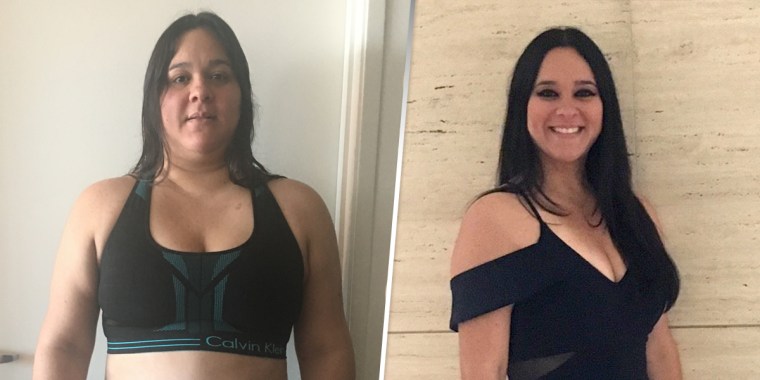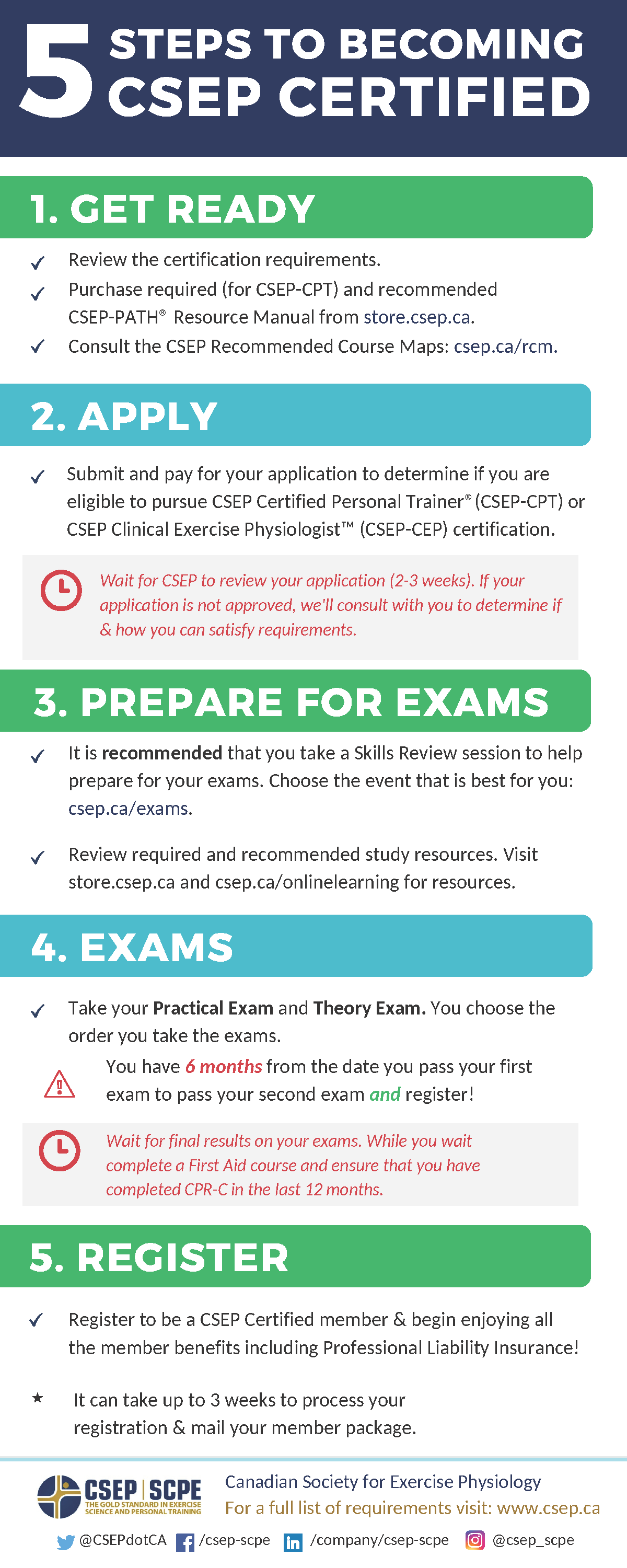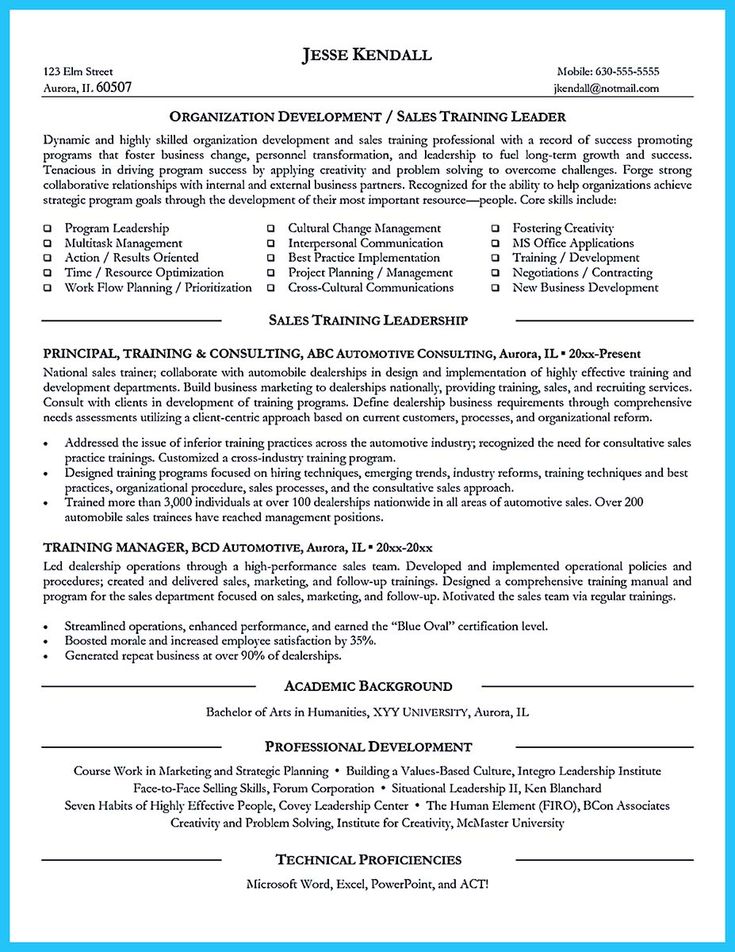
Atlanta, GA has many opportunities for personal trainers. Personal trainers plan a routine for clients, and they teach correct form and posture when exercising. Many also educate clients on nutrition and good sleep habits. Personal trainers have one goal: to help their clients reach their fitness and health goals.
Average base salary
Atlanta is a great place to work as a personal trainer. It is one of the best places to work as a personal trainer. Atlanta residents enjoy a great standard of living, in addition to high salaries. This city is perfect for both experienced and new trainers. The proper training is essential to become a certified Personal Trainer in Atlanta.

Atlanta, GA personal trainers earn between $18,319 - $101,573 annually. The average salary for a personal trainer in Atlanta, GA was $51,879 annually in 2018. This means that the average tax burden is 22%, and Georgia's state tax is 6%. This would result in a take-home pay of $42,310 annually or $1,763 per month.
Total cash compensation
Atlanta personal trainer jobs are available at different levels of pay. This is a median salary of about $21,836, although some people may get more. Additional types of positions include principal trainer, diversity trainer, and technical trainer. You may also find personal trainers in schools and non-profit organizations.
This data is based on bi-monthly pay periods. It also includes federal and state tax rates. It is important to remember that tax rates may vary from one jurisdiction to the next. This information does not represent a comprehensive salary guide, nor a recommendation for a particular salary. It is only a rough guide to potential salaries and should be used as a general guideline.
Independent contractors often set their own rates. Some people charge $100 to $150 per hour, while others only charge $40. Pay rates can vary depending upon the job and the place.

Hours of operation
Personal trainer jobs in Atlanta may be a good choice for someone looking for a rewarding career. A personal trainer is responsible for creating and executing a program that works for clients. While clients engage in exercise, this includes teaching them proper form, posture, and nutrition. A trainer might also address client's nutrition and sleep habits. A personal trainer can create a program that suits the needs of clients based upon their goals.
FAQ
What happens if I don’t get enough sleep?
Lack of sleep means that your brain does not receive enough signals to regulate hormones. This can lead to weight gain and excess eating. Lack of sleep also increases stress levels, which can lead to overeating.
What are cardio exercises?
Cardiovascular exercises are ones that make your heart and lungs work harder. Examples include jogging, swimming, bicycling, rowing, and dancing. These activities increase metabolism and burn fat. They are also great ways to keep fit.
Do I need to get warm before going out?
Warming up before an activity can reduce muscle soreness, improve performance, and help to prevent injury. There are several ways to warm up. These include running, jumping ropes stretching, running and even cycling. Start slow and slowly increase your pace.
Why is it important to get enough sleeping?
Sleep is essential for maintaining a healthy lifestyle. Sleep allows your body to repair itself and recover from daily stresses. A good night's sleep is essential for optimal functioning throughout the day.
Statistics
- Adolescent girls were less active than adolescent boys, with 85% vs. 78% not meeting WHO recommendations of at least 60 minutes of moderate to vigorous intensity physical activity per day. (who.int)
- In high-income countries, 26% of men and 35% of women were insufficiently physically active, as compared to 12% of men and 24% of women in low-income countries. (who.int)
- Physical activity confers the following maternal and fetal health benefits: a decreased risk of pre-eclampsia, gestational hypertension, gestational diabetes (for example, 30% reduction in risk) (who.int)
- An estimated 110,000 deaths per year could be prevented (cdc.gov)
External Links
How To
How to keep fit while pregnant
Your body changes drastically when you become pregnant. You experience a slowing of your metabolism and a decrease in food intake as you grow a child inside. You might even start to feel sick if you don't get enough sleep. However, there are ways that you can be healthy and still have fun during this exciting time in life.
Before you start any exercise program, it is important to consult your doctor. Your doctor can help you decide which exercises are safe and which should be avoided. A second thing to do is eat well during pregnancy. This includes eating plenty protein, fiber, iron. Third, try to drink lots of fluids. Water is particularly important when exercising, as sweat can lead to a loss of fluids. Don't forget to take care of the feet. You should always keep your feet dry, and wear shoes that provide support. Morning sickness can be caused by eating small amounts of bread or crackers before you get out of bed. Otherwise, you could end up feeling nauseous.
-
Eat Well. A healthy diet will be important throughout your pregnancy.
-
Stay active. Exercise at least 30 minutes daily.
-
Keep a healthy weight Eating smaller meals and snacks can help you lose weight.
-
Get enough sleep. Try to get 7-9 hours of sleep each night.
-
Manage Stress. Learn relaxation techniques.
-
Avoid Alcohol. It can cause miscarriage or birth defects.
-
Be kind to yourself. Do not try to push yourself too hard.
-
Take Care of You. When you are feeling unwell, have someone come to your aid.
-
Relax. Do things that bring you joy.